Is AI the Future of Love or the End of Real Relationships? Discover how AI is transforming modern romance, from matchmaking to virtual partners. Explore the benefits, risks, and ethical concerns of AI in relationships.
Artificial Intelligence (AI) transforms every aspect of our lives, from work and healthcare to entertainment and relationships.
With AI-driven chatbots, virtual companions, and matchmaking algorithms becoming more advanced, many people wonder: Is AI the future of love, or does it spell the end of real human relationships?
In the age of rapid technological advancement, artificial intelligence (AI) has permeated nearly every aspect of our lives.

From healthcare to entertainment, AI is reshaping how we live, work, and interact. But one of the most intriguing—and controversial—questions emerging today is whether AI will redefine the way we experience love and relationships.
Is AI the future of love, offering new ways to connect and find companionship? Or is it the beginning of the end for genuine, human-to-human relationships?
This article explores the impact of AI on love and relationships, weighing the benefits and challenges of integrating AI into our emotional lives.
We will discuss how AI is reshaping modern dating, the rise of AI companions, and whether AI can truly replace human connection.
The Evolution of Love in the Digital Age:
Before AI, technology had already changed the way people connect. Dating apps, social media, and video calls have made it easier to meet and communicate with potential partners.
However, AI takes this a step further by personalizing interactions, predicting compatibility, and even offering emotional support.

AI-powered dating apps like Tinder, Hinge, and eHarmony use machine learning to analyze user behavior and preferences, improving matchmaking efficiency.
While these technologies help people find love, they also raise concerns about how much we rely on AI for emotional fulfillment.
The Rise of AI in Relationships:
AI’s role in relationships is no longer confined to science fiction. Today, AI-powered dating apps, virtual companions, and even AI-generated romantic partners are becoming increasingly common.
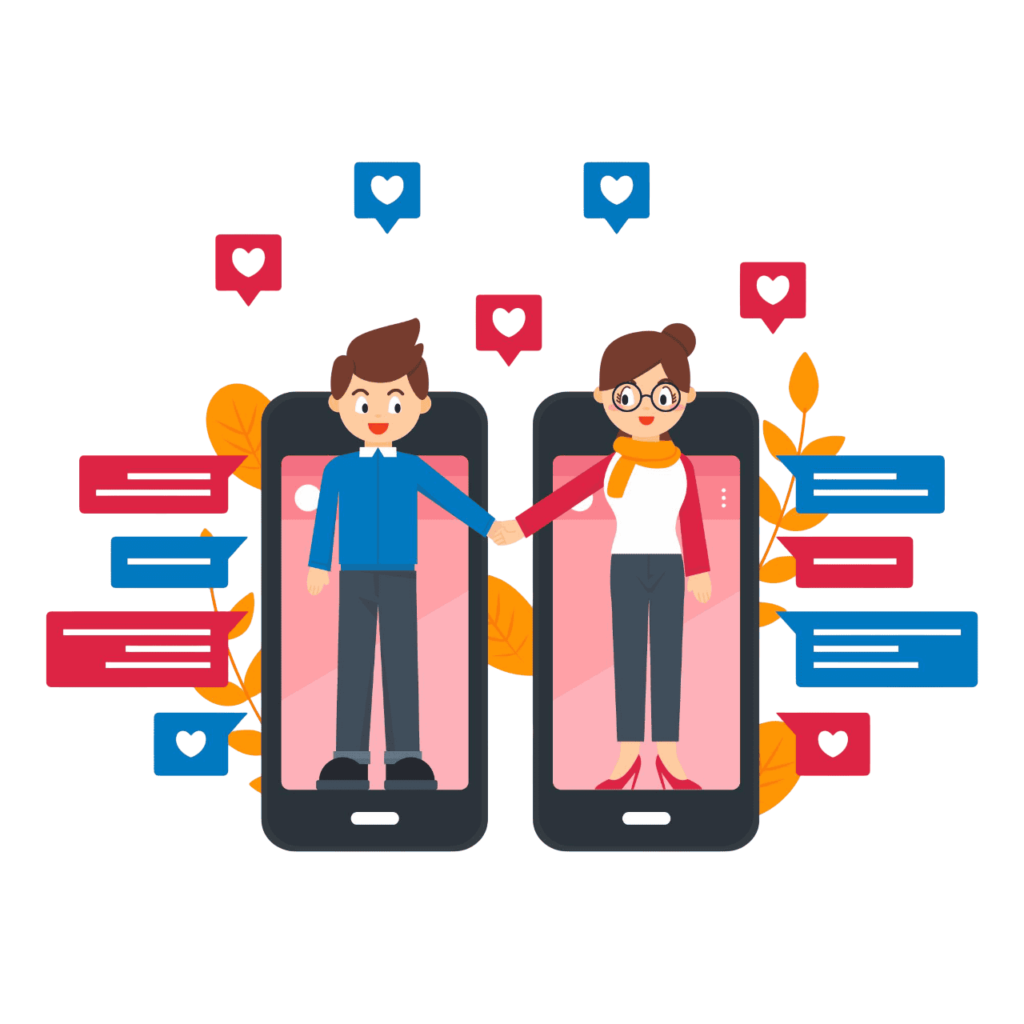
Companies like Replika and ChatGPT have introduced AI chatbots that simulate human conversation, offering emotional support, companionship, and even romantic interaction.
1. AI-Powered Dating Apps:
Dating apps like Tinder, Bumble, and Hinge are leveraging AI to improve matchmaking.
By analyzing user behavior, preferences, and interactions, these platforms use algorithms to suggest potential matches with higher compatibility.
AI can also detect patterns in successful relationships, helping users find partners who align with their values and interests.
For example, AI can analyze the tone of messages, the frequency of interactions, and even facial expressions in profile pictures to predict compatibility.
This level of precision has the potential to reduce the time and effort spent on unsuccessful dates, making the search for love more efficient.
2. Virtual Companions and AI Partners:
Beyond dating apps, AI is also creating virtual companions that simulate human-like interactions.
Replika, an AI chatbot, allows users to create personalized avatars that can engage in meaningful conversations, offer emotional support, and even develop romantic relationships with their users.
These virtual companions are designed to learn from interactions, adapting their responses to better suit the user’s needs.
In Japan, the concept of AI partners has gained significant traction. Products like Gatebox’s holographic AI companion, Azuma Hikari, offer users a virtual partner who can greet them in the morning, send them off to work, and even engage in light-hearted banter.
For some, these AI companions provide a sense of connection and companionship that might be missing in their real lives.
How AI is Transforming Modern Dating:
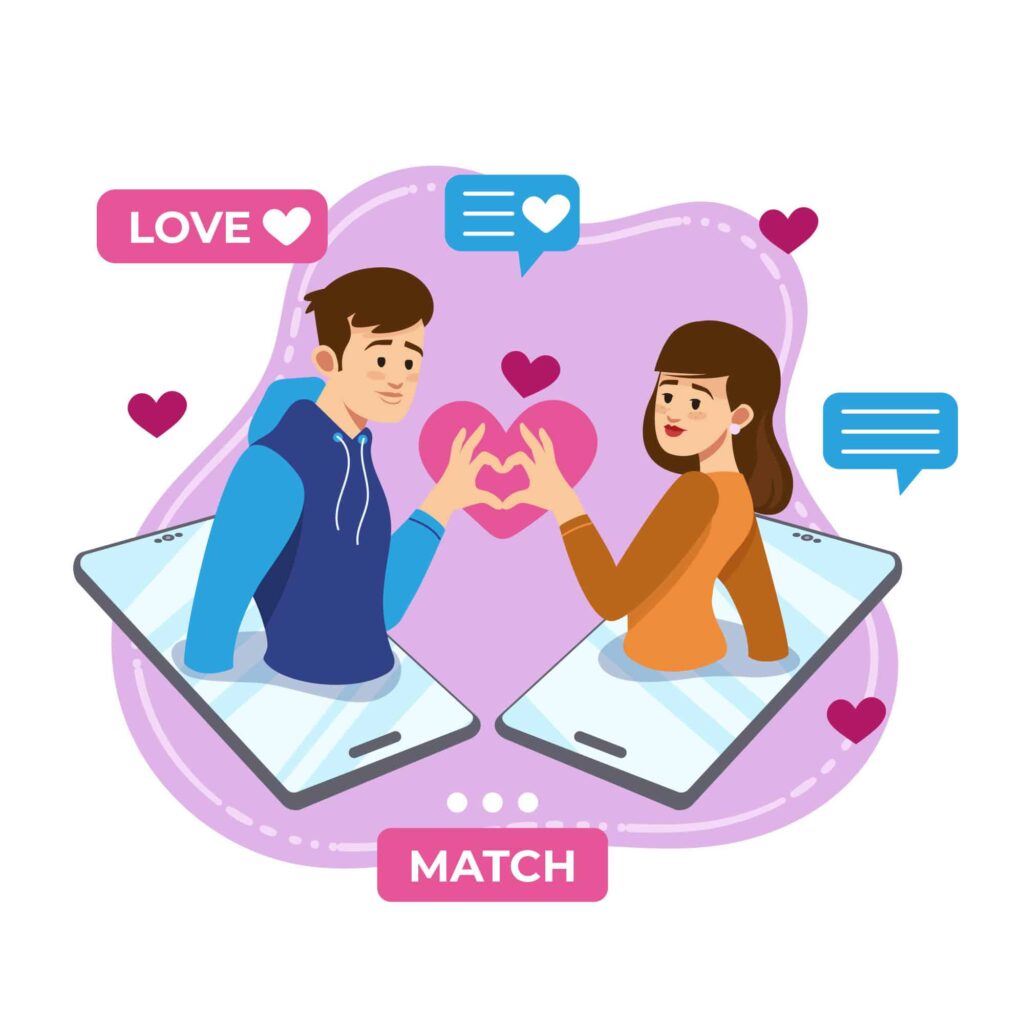
1. AI Matchmaking and Relationship Predictions:
AI-driven dating platforms go beyond simple profile swiping. They use data analytics and algorithms to assess personality traits, interests, and communication styles, providing highly accurate compatibility predictions. Some platforms even offer relationship advice based on data trends.
Pros:
- More accurate matchmaking.
- Personalized dating experiences.
- Reduced time spent on finding compatible partners.
Cons:
- Loss of spontaneity in relationships.
- Dependence on technology for romantic decisions.
- Privacy concerns over personal data usage.
2. AI Chatbots and Virtual Partners:
The rise of AI-powered chatbots like Replika, Kuki, and AI girlfriends/boyfriends raises new ethical and emotional questions. These AI partners are designed to provide companionship, emotional support, and even romantic interactions.
Pros:
- Offers companionship for lonely individuals.
- Provides a safe space for people to express emotions.
- Can help individuals struggling with social anxiety.
Cons:
- Can create an illusion of a real relationship.
- May reduce motivation to seek real human connections.
- Raises ethical concerns about human-AI intimacy.
The Benefits of AI in Love and Relationships:
While the idea of AI playing a role in love might seem unsettling to some, there are several potential benefits to consider.
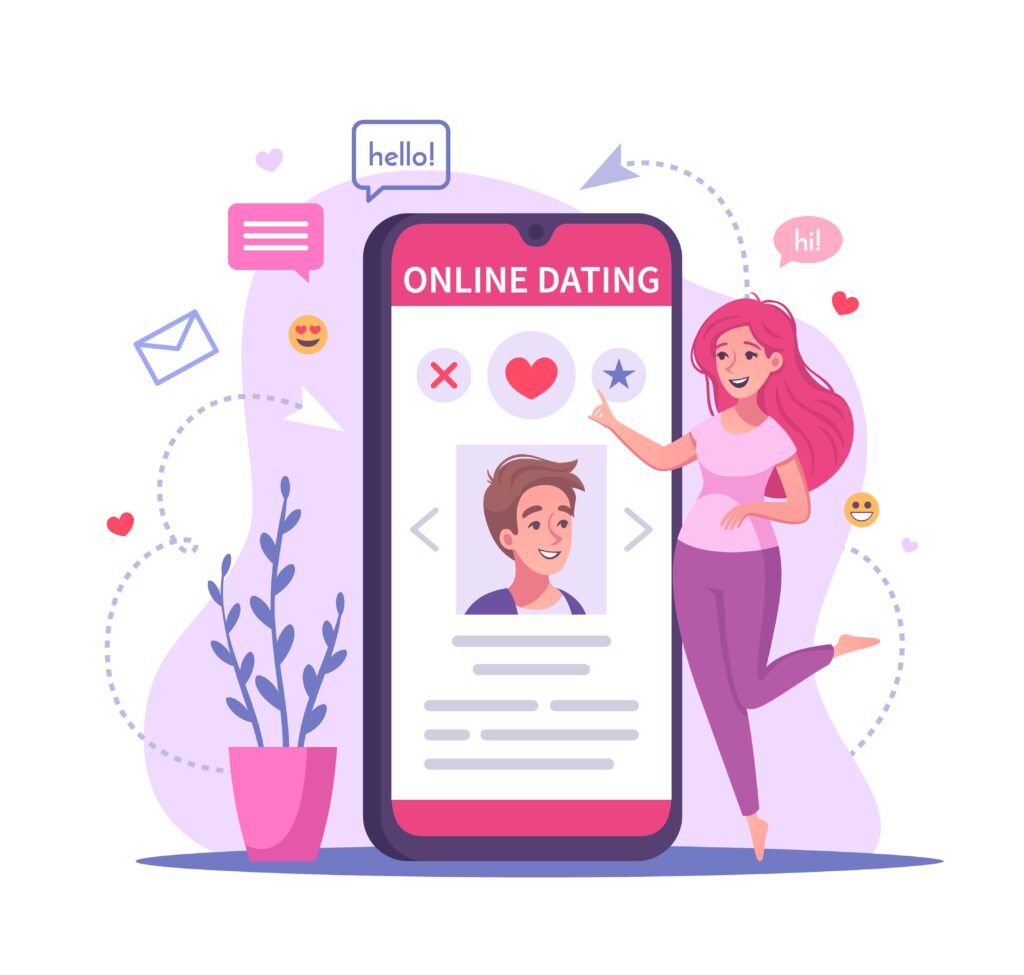
1. Overcoming Loneliness:
Loneliness is a growing epidemic, with millions of people worldwide reporting feelings of isolation.
AI companions can provide a sense of connection for those who struggle to form relationships due to social anxiety, physical limitations, or other barriers.
For elderly individuals or those living in remote areas, AI can offer companionship and emotional support, improving mental health and overall well-being.
2. Enhancing Communication:
AI can help individuals improve their communication skills, which are essential for building and maintaining healthy relationships.
For example, AI-powered tools can analyze conversations and provide feedback on tone, empathy, and clarity.
This can be particularly beneficial for individuals who struggle with social interactions or have difficulty expressing their emotions.
3. Expanding Dating Opportunities:
AI-powered dating apps can broaden the pool of potential partners by connecting individuals who might not have crossed paths otherwise.
By analyzing vast amounts of data, these platforms can identify matches based on shared interests, values, and goals, increasing the likelihood of long-term compatibility.
Can AI Replace Real Human Relationships?
AI can simulate many aspects of human interaction, but it lacks genuine emotions, consciousness, and the depth of human relationships.
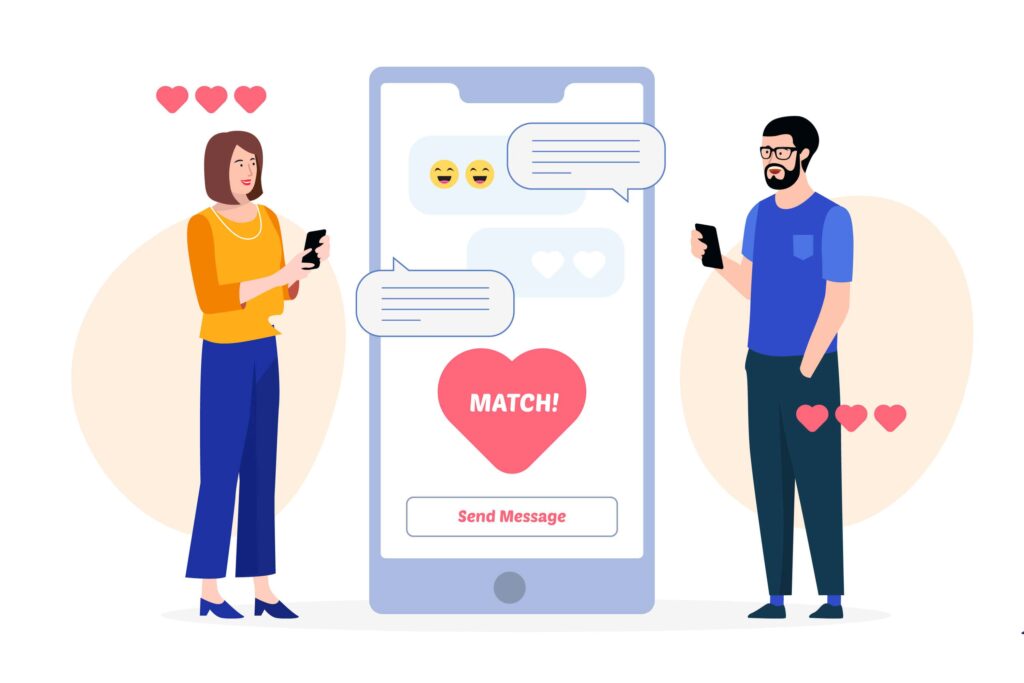
Love is more than just algorithms and data—it involves trust, vulnerability, shared experiences, and emotional connection.
1. The Psychological Effects of AI Relationships:
AI relationships can offer temporary comfort, but long-term reliance on them may lead to emotional detachment from real people.
Human relationships involve complex emotions, conflicts, and personal growth, which AI cannot fully replicate.
2. The Ethical Dilemma of AI in Love:
Should AI be allowed to simulate love and emotions? Some argue that AI relationships provide comfort and companionship, especially for those struggling with social anxiety or loneliness.
Others worry that widespread AI companionship could diminish the importance of human intimacy.
3. The Role of Human Connection in Love:
No matter how advanced AI becomes, human relationships remain unique due to:
- Emotional depth.
- Physical intimacy.
- Unpredictability and spontaneity.
- Mutual growth and shared experiences.
Balancing AI and Real Relationships:
Instead of replacing human relationships, AI should be used as a tool to enhance them. Here are some ways to balance AI and real-life connections:
- Using AI to improve relationships – AI-powered relationship coaching apps can provide advice and insights to strengthen real relationships.
- Mindful technology use – Avoid over-reliance on AI chatbots for emotional fulfillment.
- Prioritizing real connections – Engage in real-world social activities and meaningful conversations with people.
The Future of AI and Love:
So, is AI the future of love or the end of real relationships? The answer is not black and white. AI has the potential to enhance our understanding of love and provide new avenues for connection, but it also poses significant challenges that must be carefully navigated.

1. A Tool, Not a Replacement:
The key to harnessing the power of AI in relationships lies in viewing it as a tool rather than a replacement for human connection.
AI can complement our relationships by providing support, improving communication, and expanding our opportunities for love.
However, it cannot—and should not—replace the authenticity, vulnerability, and depth that come with human-to-human relationships.
2. Ethical Guidelines and Regulation:
To ensure that AI is used responsibly in the realm of love, it is essential to establish ethical guidelines and regulations.
This includes protecting user privacy, preventing dependency, and ensuring that AI companions are designed with the well-being of users in mind.
By addressing these concerns, we can create a future where AI enhances rather than undermines our relationships.
3. Embracing Change:
As with any technological advancement, the integration of AI into love and relationships will require a shift in mindset.
Society must be open to exploring new possibilities while remaining vigilant about the potential risks.
By embracing change and fostering a dialogue about the role of AI in love, we can shape a future that balances innovation with the preservation of human connection.
Conclusion:
The question of whether AI is the future of love or the end of real relationships is a complex one, with no easy answers.
AI has the potential to revolutionize the way we experience love, offering new opportunities for connection and companionship. However, it also poses significant ethical and societal challenges that must be addressed.
Ultimately, the future of AI in love depends on how we choose to use it. By viewing AI as a tool to enhance rather than replace human relationships, we can create a world where technology and love coexist harmoniously.
As we navigate this uncharted territory, it is essential to remain mindful of the values that define us as humans: empathy, authenticity, and the enduring power of genuine connection.
In the end, love is not just about finding someone—or something—to share our lives with. It’s about the journey, the growth, and the moments that make us feel truly alive. Whether AI becomes a part of that journey is up to us.
Other Interesting Posts To Read:
The Future of Love: Is AI Helping or Hurting Relationships?
The #1 Mistake Couples Make That Leads to Resentment
10-Second Relationship Rule: Simple Trick to Strengthen Your Bond Instantly
Why Couples Who Argue the Right Way Stay Together Longer
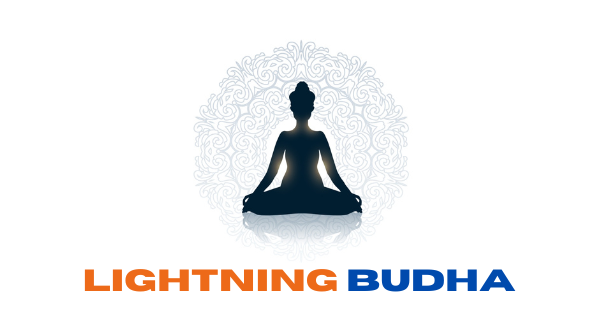


[…] Is AI the Future of Love or the End of Real Relationships? […]
[…] Is AI the Future of Love or the End of Real Relationships? […]
[…] Is AI the Future of Love or the End of Real Relationships? […]
[…] Is AI the Future of Love or the End of Real Relationships? […]
[…] Is AI the Future of Love or the End of Real Relationships? […]
[…] Is AI the Future of Love or the End of Real Relationships? […]